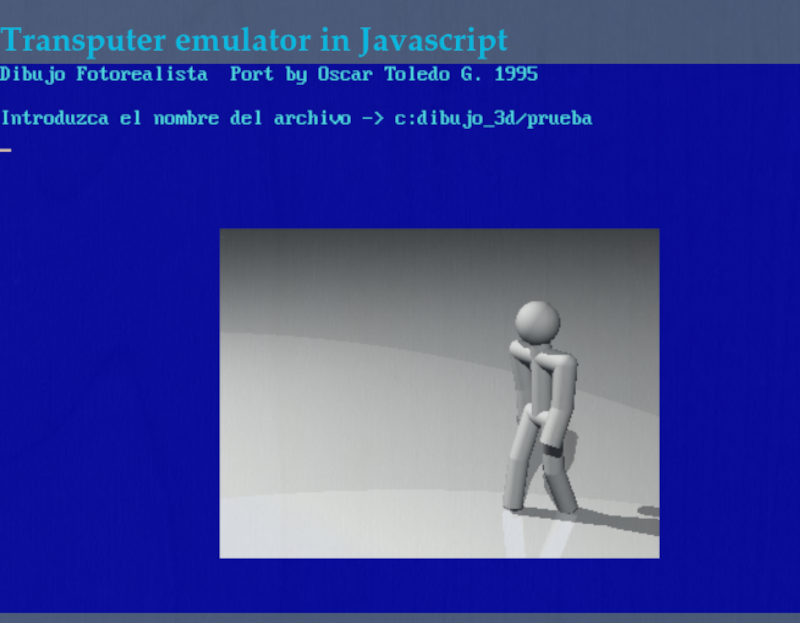Smart Defaults in Ruby: Setting Method Arguments Dynamically
In Ruby, method arguments can have default values, including values based on other arguments, constants, or even instance variables. This is a powerful feature that allows for flexible method definitions. Static Default Values The most common way to set default values in Ruby is by assigning a static value to a method argument. This ensures that if the caller does not provide a value, the method will use a predefined fallback. def order_coffee(size:, milk: "almond milk") puts "You ordered a #{size} coffee with #{milk}." end Example Usage order_coffee(size: "small") # Outputs: You ordered a small coffee with almond milk. order_coffee(size: "large", milk: "oat milk") # Outputs: You ordered a large coffee with oat milk. Here, milk defaults to "almond milk" unless explicitly specified. Default Values Based on Arguments Now, let's make the default value dynamic by basing it on the size parameter. If you don’t specify a milk preference, the barista might default to a milk type based on the coffee size. def order_coffee(size:, milk: DEFAULT_MILK[size]) puts "You ordered a #{size} coffee with #{milk}." end Example Usage Suppose we define the DEFAULT_MILK constant like this: DEFAULT_MILK = { "small" => "regular milk", "medium" => "almond milk", "large" => "oat milk" } Calling order_coffee(size: "medium") will automatically use: puts "You ordered a medium coffee with almond milk." Difference Between Dynamic and Static Defaults Key Differences: Using milk: DEFAULT_MILK[size] dynamically assigns the default based on the size parameter. This allows for flexible defaults based on input. Using milk: "almond milk" sets a static default. If the caller does not specify a milk type, it will always default to "almond milk," regardless of the coffee size. Dynamic defaults (using a hash or lookup table) are useful when the default value depends on other arguments. Static defaults work well when the default should be the same for all cases. Using Instance Variables as Default Values If you want to use instance variables instead of constants, be aware that instance variables are not available at the time the method is defined. However, you can work around this by using self or setting the value inside the method: class CoffeeOrder def initialize @default_milk = { "small" => "regular milk", "medium" => "almond milk", "large" => "oat milk" } end def order_coffee(size:, milk: nil) milk ||= @default_milk[size] puts "You ordered a #{size} coffee with #{milk}." end end order = CoffeeOrder.new order.order_coffee(size: "large") # Outputs: You ordered a large coffee with oat milk. Key Takeaways You can use method arguments as default values for other arguments. Static defaults apply a fixed fallback value regardless of other parameters. Dynamic defaults (e.g., using a constant lookup) allow for context-aware default values. Instance variables cannot be directly used as default values, but you can assign them within the method using ||=. You can write more concise and maintainable Ruby code by leveraging these patterns. Happy coding!

In Ruby, method arguments can have default values, including values based on other arguments, constants, or even instance variables. This is a powerful feature that allows for flexible method definitions.
Static Default Values
The most common way to set default values in Ruby is by assigning a static value to a method argument. This ensures that if the caller does not provide a value, the method will use a predefined fallback.
def order_coffee(size:, milk: "almond milk")
puts "You ordered a #{size} coffee with #{milk}."
end
Example Usage
order_coffee(size: "small")
# Outputs: You ordered a small coffee with almond milk.
order_coffee(size: "large", milk: "oat milk")
# Outputs: You ordered a large coffee with oat milk.
Here, milk defaults to "almond milk" unless explicitly specified.
Default Values Based on Arguments
Now, let's make the default value dynamic by basing it on the size parameter. If you don’t specify a milk preference, the barista might default to a milk type based on the coffee size.
def order_coffee(size:, milk: DEFAULT_MILK[size])
puts "You ordered a #{size} coffee with #{milk}."
end
Example Usage
Suppose we define the DEFAULT_MILK constant like this:
DEFAULT_MILK = {
"small" => "regular milk",
"medium" => "almond milk",
"large" => "oat milk"
}
Calling order_coffee(size: "medium") will automatically use:
puts "You ordered a medium coffee with almond milk."
Difference Between Dynamic and Static Defaults
Key Differences:
- Using
milk: DEFAULT_MILK[size]dynamically assigns the default based on thesizeparameter. This allows for flexible defaults based on input. - Using
milk: "almond milk"sets a static default. If the caller does not specify a milk type, it will always default to "almond milk," regardless of the coffee size.
Dynamic defaults (using a hash or lookup table) are useful when the default value depends on other arguments. Static defaults work well when the default should be the same for all cases.
Using Instance Variables as Default Values
If you want to use instance variables instead of constants, be aware that instance variables are not available at the time the method is defined. However, you can work around this by using self or setting the value inside the method:
class CoffeeOrder
def initialize
@default_milk = {
"small" => "regular milk",
"medium" => "almond milk",
"large" => "oat milk"
}
end
def order_coffee(size:, milk: nil)
milk ||= @default_milk[size]
puts "You ordered a #{size} coffee with #{milk}."
end
end
order = CoffeeOrder.new
order.order_coffee(size: "large")
# Outputs: You ordered a large coffee with oat milk.
Key Takeaways
- You can use method arguments as default values for other arguments.
- Static defaults apply a fixed fallback value regardless of other parameters.
- Dynamic defaults (e.g., using a constant lookup) allow for context-aware default values.
-
Instance variables cannot be directly used as default values, but you can assign them within the method using
||=.
You can write more concise and maintainable Ruby code by leveraging these patterns. Happy coding!












































































































































































![[The AI Show Episode 142]: ChatGPT’s New Image Generator, Studio Ghibli Craze and Backlash, Gemini 2.5, OpenAI Academy, 4o Updates, Vibe Marketing & xAI Acquires X](https://www.marketingaiinstitute.com/hubfs/ep%20142%20cover.png)



























































































































![[FREE EBOOKS] The Kubernetes Bible, The Ultimate Linux Shell Scripting Guide & Four More Best Selling Titles](https://www.javacodegeeks.com/wp-content/uploads/2012/12/jcg-logo.jpg)



![From drop-out to software architect with Jason Lengstorf [Podcast #167]](https://cdn.hashnode.com/res/hashnode/image/upload/v1743796461357/f3d19cd7-e6f5-4d7c-8bfc-eb974bc8da68.png?#)





































































































.png?#)





.jpg?#)































_Christophe_Coat_Alamy.jpg?#)







































































































![Rapidus in Talks With Apple as It Accelerates Toward 2nm Chip Production [Report]](https://www.iclarified.com/images/news/96937/96937/96937-640.jpg)








































































































































